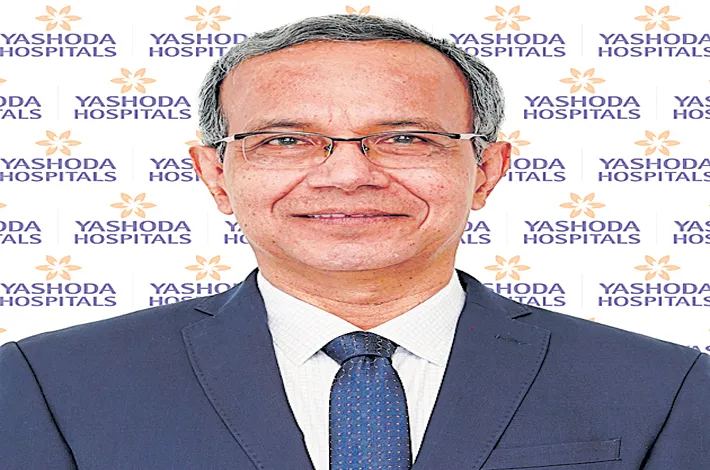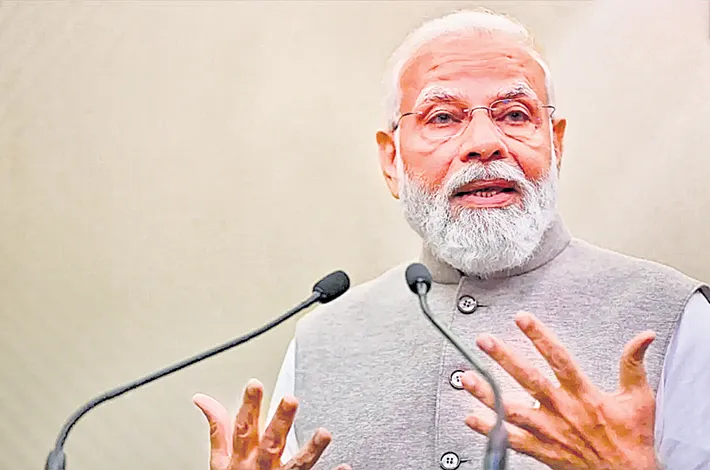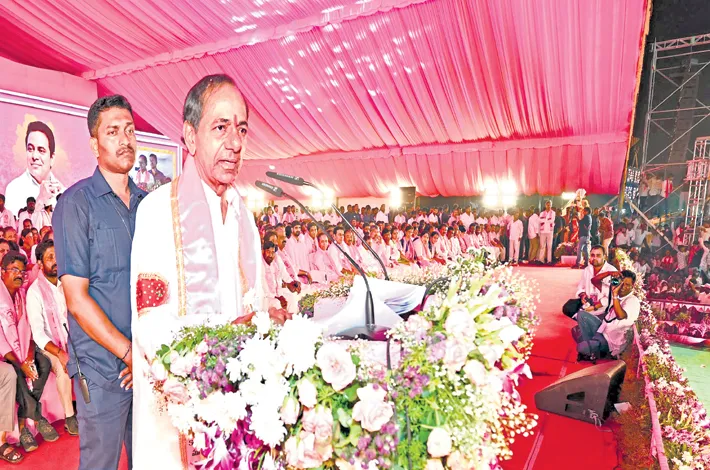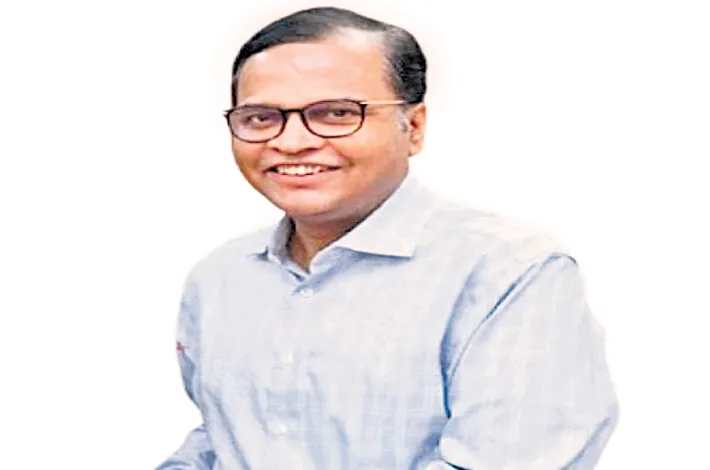Awareness and early action - key in effective treatment of Parkinson’s disease
11-04-2025 12:00:00 AM

Parkinson’s disease is the second most neurodegenerative disorder across the world. The prevalence in India ranges from 15 to 43 per lakh population in various studies. With increasing life expectancy and ageing population, the burden of Parkinson’s disease is expected to be high in our country. India also has a huge number of young onset Parkinson’s disease causing a significant social and economic burden.
Parkinson’s disease has motor and non-motor symptoms, the motor symptoms include tremors at rest, slowness in all activities, stiffness, walking difficulty, speech, and handwriting changes while non-motor symptoms include constipation, loss of smell, dream, enactment, urinary disturbances, BP, fluctuations, memory disturbances, and pain.
The disease is primarily because of loss of dopamine producing neurons in the brain with some loss of other neurotransmitter producing neurons. The exact cause of Parkinson disease is not known but is considered to be due to complex interaction between genetic and environmental factors. As of today, there is no cure for Parkinson’s disease, but many therapies are available for improving the symptoms and improving the quality of life of patients.
Speaking on this occasion Professor Dr. Rupam Borgohain, Senior Neurologist and Director - Parkinson’s Disease and Movement Disorders Research Centre (PDMDRC), Yashoda Hospitals, Hi-tech City who has vast experience over 25 years and more than thousand patients (spread across the country and world) in performing DBS said ‘Lack of awareness regarding the disease and the available therapies is the main obstacle, preventing patients from leading a normal and fruitful life.In the initial stage of Parkinson’s disease, medications almost completely improve the symptoms. As the disease advances deep brain stimulation (DBS) helps in reducing the medication required, improving the symptoms and improving the overall quality of life.’
‘DBS is well established over more than 30 years across the globe. It should be offered by competent teams when the patient starts having small problems in their work or social functioning. Awareness of this procedure and the remarkable impact it makes in the lives of patients with Parkinson’s disease is still very low, even among doctors, including general physicians and neurologists. On the occasion of World Parkinson’s Day on April 11, let us spread awareness across and make sure patients receive appropriate treatments for Parkinson's disease,’ Dr. Rupam said.
Explaining about this most effective treatment for Parkinson's disease Prof. Dr. Rupam Borgohain said ‘DBS involves implanting a small device (a pulse generator) in the brain, which sends electrical impulses to specific areas of the brain that control movement. These impulses help regulate the abnormal brain activity caused by Parkinson’s disease, significantly improving motor function.
— Prof. Dr. Rupam Borgohain








